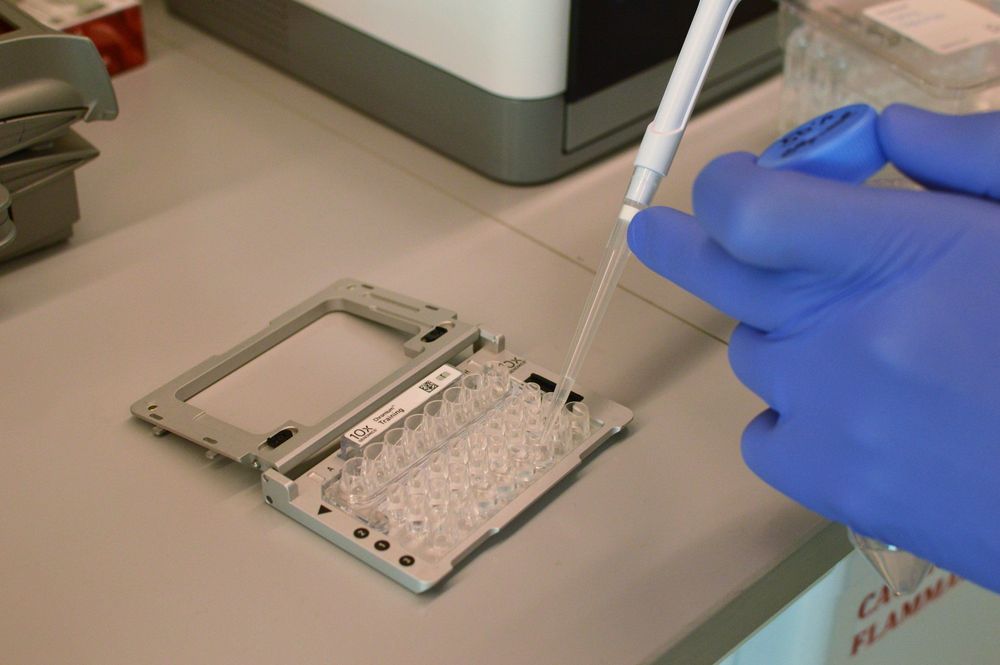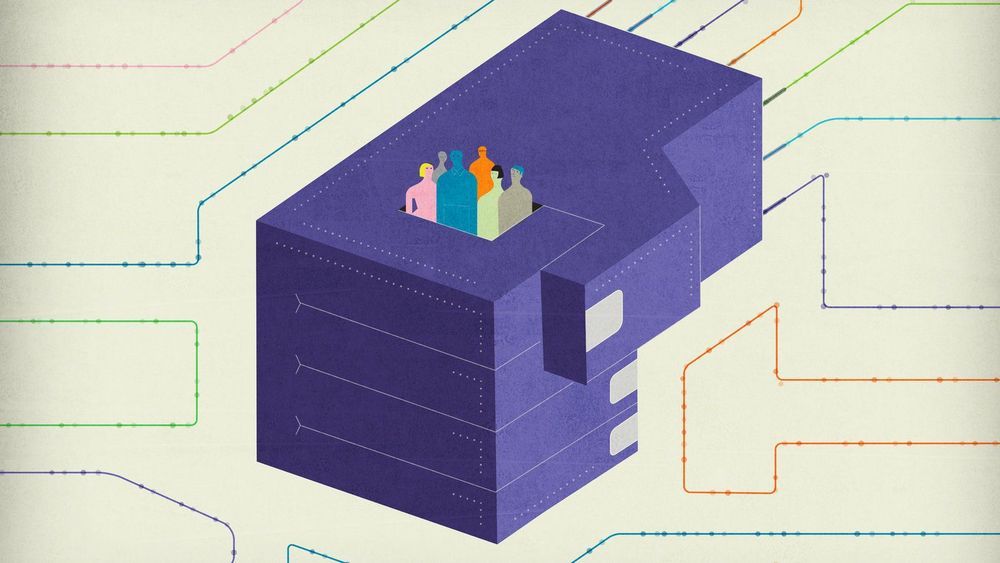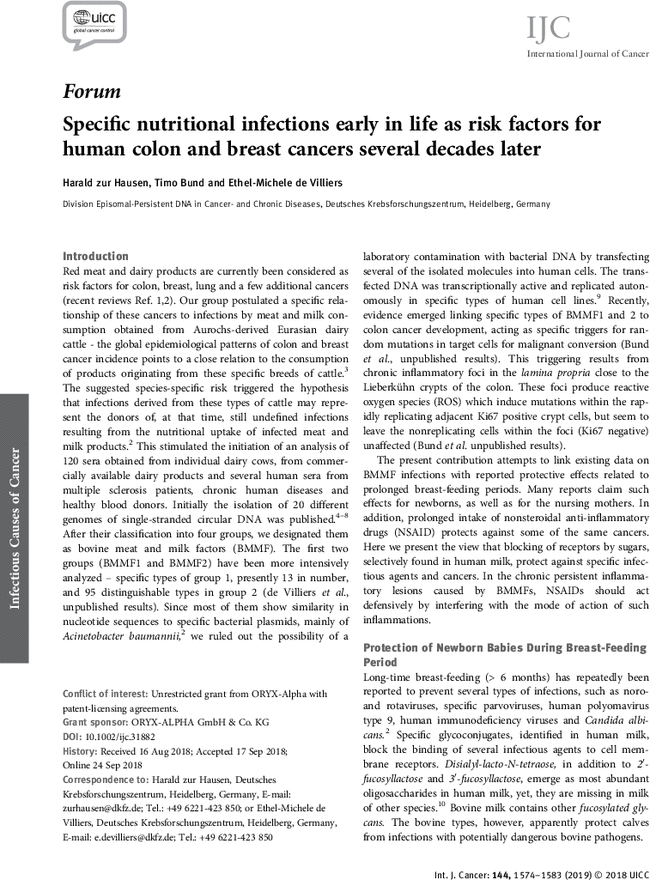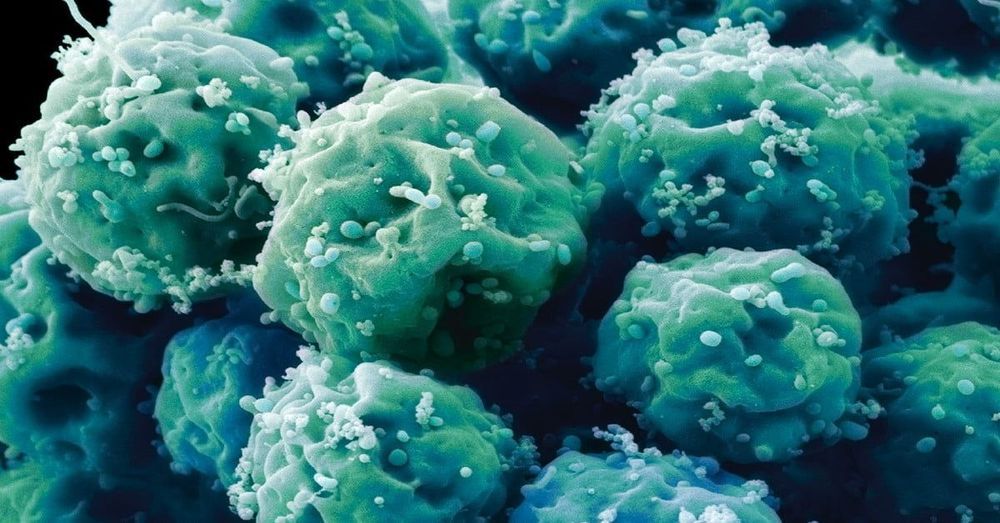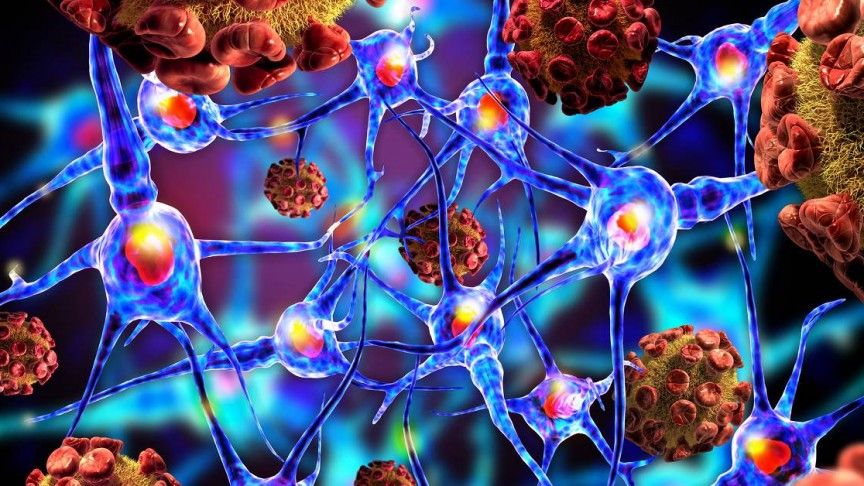NEW YORK (AP) — Did you hear what happened when Bill Gates walked into a bar? Everybody there immediately became millionaires — on average.
That joke about a very rich man is an old one among statisticians. So why did Peter Smibert use it to explain a revolution in biology?
Because it shows averages can be misleading. And Smibert, of the New York Genome Center, says that includes when scientists are trying to understand the basic unit of life, the cell.
